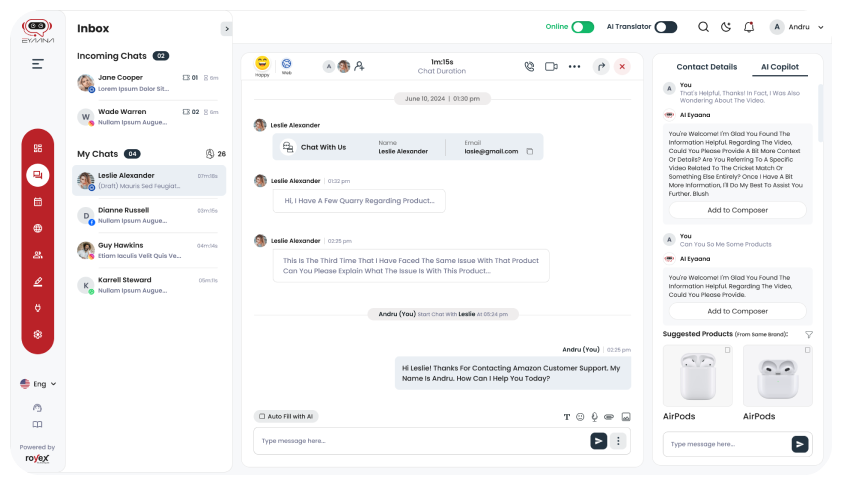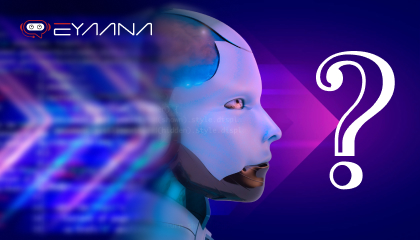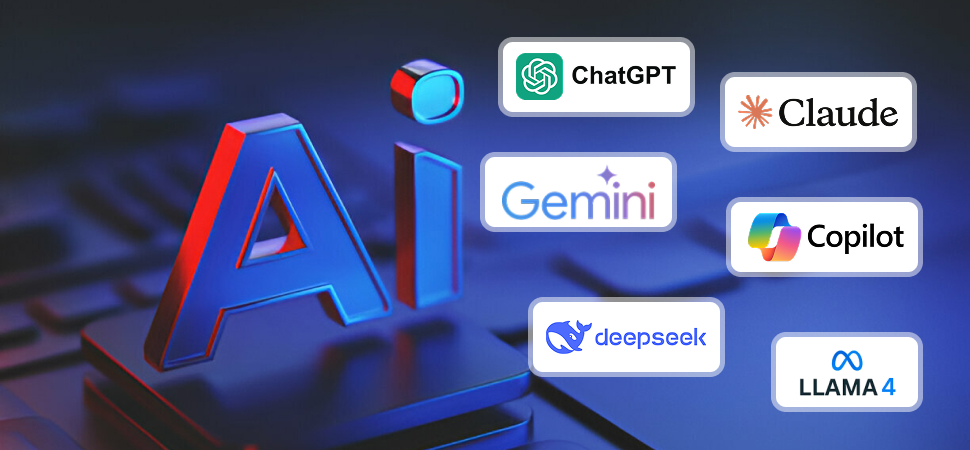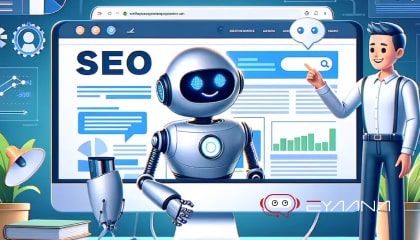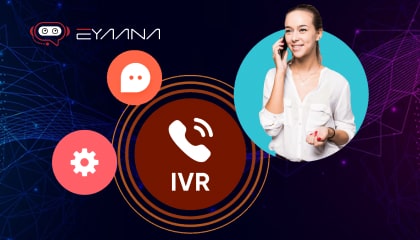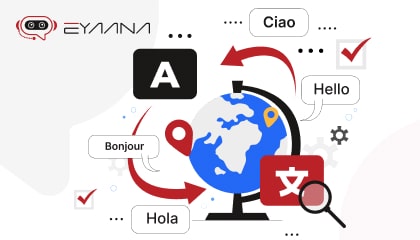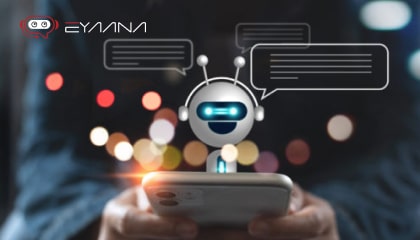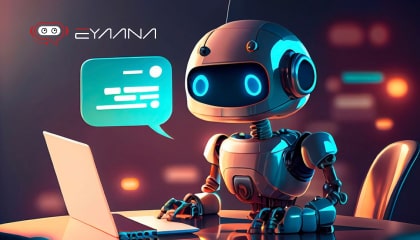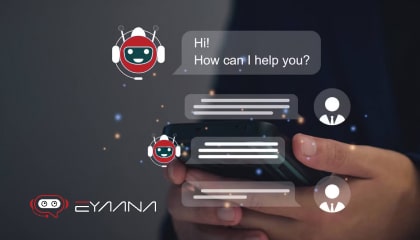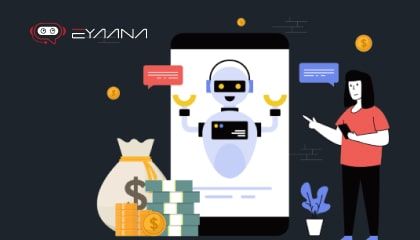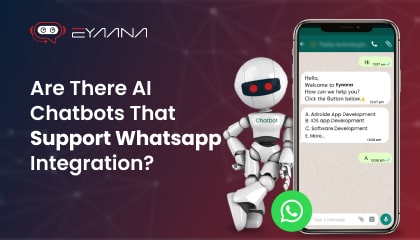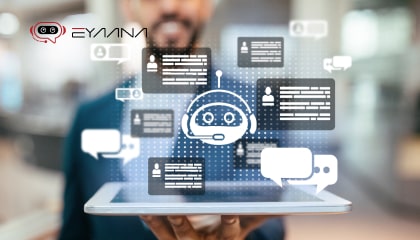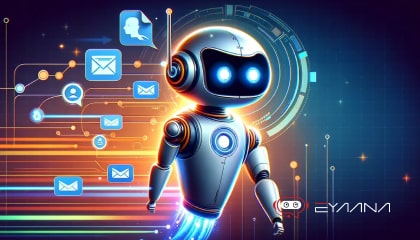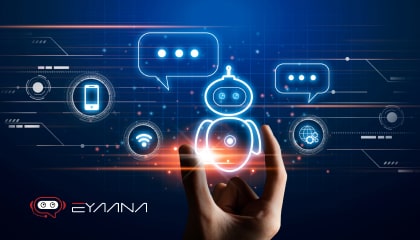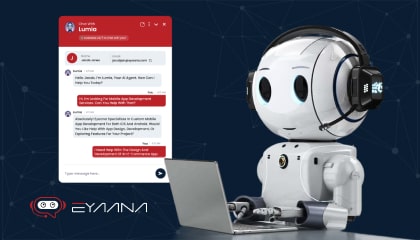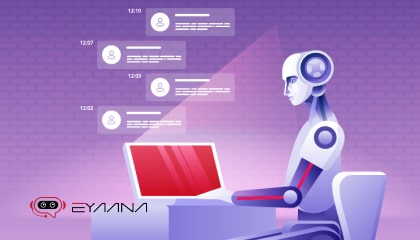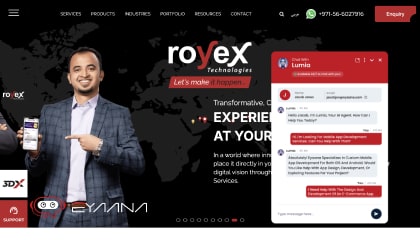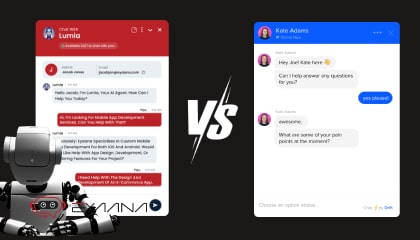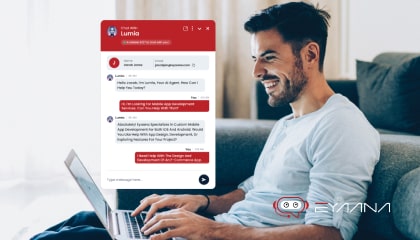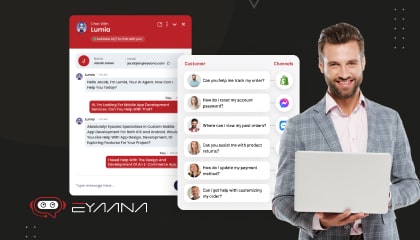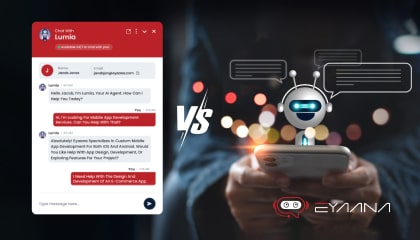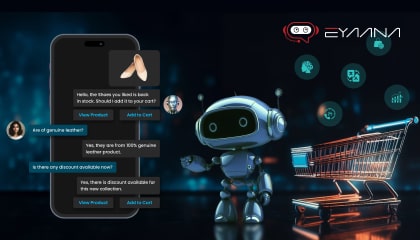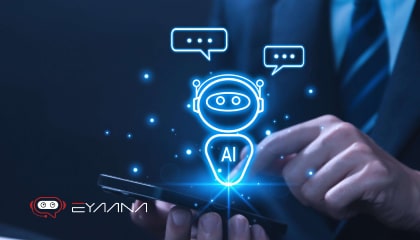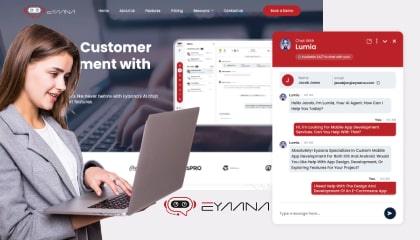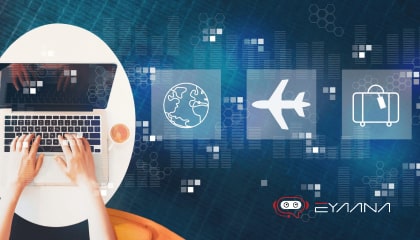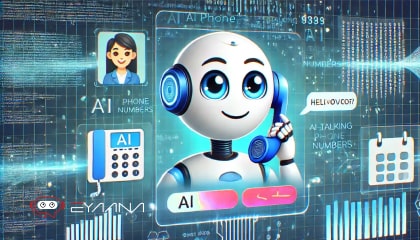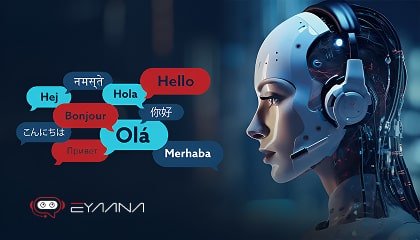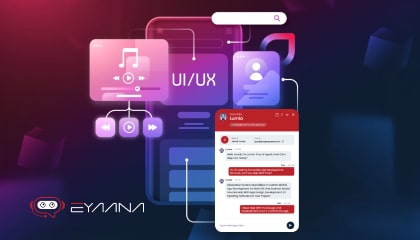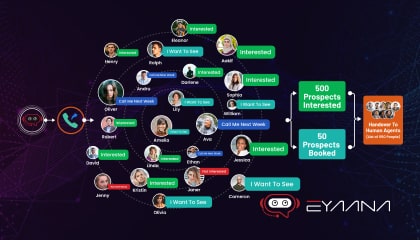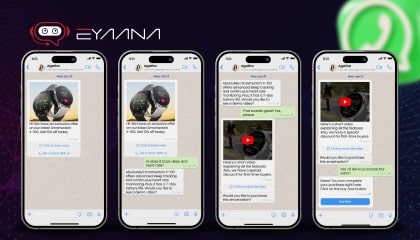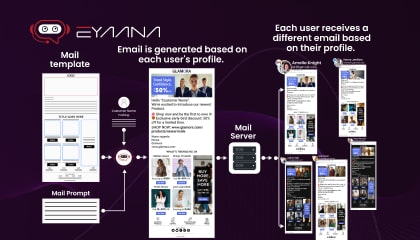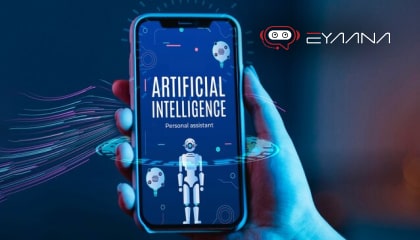Enquiry
Blog Details
What Industries Benefit Most From AI Chatbots?
AI chatbots are transforming how businesses interact with customers, making responses faster, service better, and support more accessible. By simulating human conversation, AI chatbots handle a huge range of tasks like answering questions, assisting with purchases, and resolving issues—all without human intervention. With over 80% of businesses globally planning to adopt some form of chatbot by 2025, it’s clear this technology has real benefits across industries. Let’s explore which industries are using AI chatbot app most effectively and the unique ways they’re adding value.
1. E-commerce: Enhancing Customer Shopping Experience
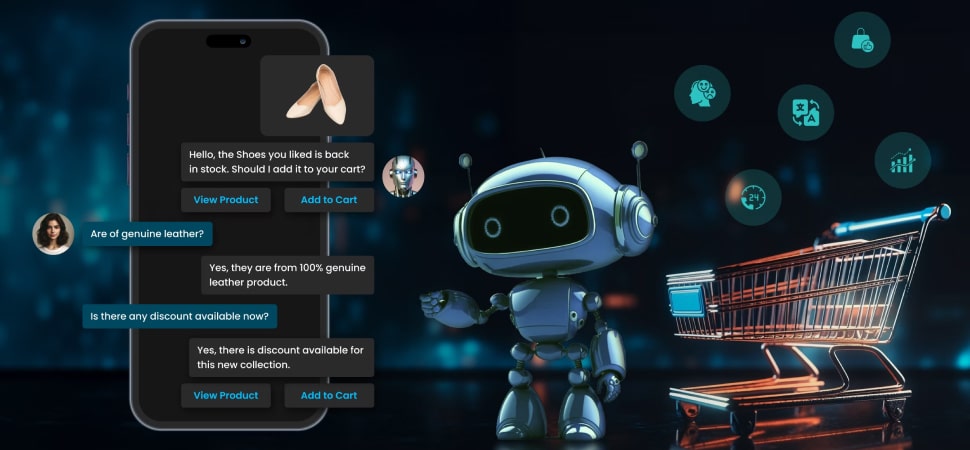
In e-commerce, AI chatbots assist customers at every stage of their shopping journey. They can answer questions about products, check inventory, track orders, and even help customers make decisions. For example, if a customer asks, “Do you have this in blue?” or “Can you help me find a similar product?” the chatbot can instantly respond with the available options, boosting customer satisfaction and reducing cart abandonment rates.
E-commerce chatbots work by using natural language processing (NLP) to understand customer questions, match them with the store’s inventory data, and respond accurately. By helping customers quickly find what they need, these chatbots can increase sales and enhance the overall shopping experience.
2. Healthcare: Relieving Pressure on Medical Staff
Healthcare has seen massive benefits from AI chatbots, especially for managing patient inquiries. Chatbots can answer common medical questions, help patients schedule appointments, and even provide initial symptom assessments. For example, a patient might ask about symptoms of a cold, and the chatbot can provide general information and suggest seeing a doctor if necessary.
Healthcare chatbots operate by accessing a knowledge base of common medical conditions and symptoms, which allows them to provide relevant responses. While they don’t replace medical professionals, they handle routine questions, freeing up doctors and nurses to focus on more complex cases. This speeds up patient service and reduces wait times in busy healthcare settings.
3. Banking and Finance: Providing Quick Access to Financial Information
The banking and finance industry uses chatbots to offer 24/7 support for customers’ financial needs. Chatbots can assist customers with checking account balances, reviewing recent transactions, and finding answers to common banking questions. For example, if someone asks, “What’s my account balance?” or “When is my next loan payment due?” the chatbot can provide instant answers without the need to speak to a representative.
Banking chatbots are designed with secure authentication processes to verify a customer’s identity before accessing sensitive information. This helps banks offer safe and efficient service while reducing the workload for human agents. Additionally, these chatbots help protect customers by flagging suspicious activities and alerting users to potential security risks.
4. Travel and Hospitality: Simplifying Bookings and Enhancing Guest Experiences
In the travel and hospitality industry, AI chatbots have become essential for booking flights, hotels, and rental cars. Customers can easily ask chatbots questions like, “Is there a room available with a sea view?” or “What’s the price for a flight to New York?” The chatbot can respond with real-time availability and pricing, helping customers make quick decisions.
Travel chatbots use real-time data to access booking systems, making it easy to update customers with the latest availability. Some chatbots are multilingual, enabling them to support travelers from around the world in their preferred language, further enhancing the travel experience and simplifying bookings for customers and travel agents alike.
5. Education: Supporting Students with Instant Information and Resources
Educational institutions benefit from AI chatbots that provide 24/7 support to students and potential applicants. Chatbots can answer questions about courses, application deadlines, tuition fees, and campus facilities. For example, a prospective student might ask, “What’s the application deadline for the fall semester?” and the chatbot can give an immediate response, guiding them through the application process.
Educational chatbots use a knowledge base of academic information, allowing them to provide accurate answers and personalized guidance. They can also help current students by reminding them of deadlines, helping with assignments, and connecting them to academic resources, which enhances their learning experience and reduces administrative pressure on staff.
6. Real Estate: Streamlining Property Searches and Customer Inquiries

In real estate, customers often need quick answers about property availability, pricing, and features. AI chatbots allow potential buyers to ask questions like, “Is this property still available?” or “Can I schedule a viewing?” without needing to wait for an agent’s response. Chatbots in real estate can provide immediate information, send property recommendations, and help schedule viewings.
These chatbots are connected to property databases, allowing them to deliver real-time data on listings and availability. By automating responses to common questions, chatbots save time for agents, enabling them to focus on higher-priority clients and close more deals.
7. Retail: Enhancing In-Store and Online Shopping with Instant Help
In retail, AI chatbots assist both online and in-store shoppers by answering product-related questions, checking stock availability, and providing recommendations. For instance, a customer might ask, “Do you have this jacket in a smaller size?” and the chatbot can instantly check the stock and provide the answer. Chatbots can also offer product suggestions based on customer preferences, creating a more engaging shopping experience.
Retail chatbots use data on product inventory and customer purchase history to make accurate recommendations. By offering instant assistance, they help retailers increase sales and improve customer satisfaction, creating a convenient shopping experience that builds customer loyalty.
How AI Chatbots Work
AI chatbots are powered by a combination of natural language processing (NLP), machine learning, and data access. NLP allows chatbots to understand and process human language, interpreting what customers mean when they ask questions. Machine learning helps chatbots learn from past interactions, continuously improving their responses over time.
When a customer asks a question, the chatbot identifies keywords, matches them with its knowledge base, and formulates an appropriate response. If it doesn’t have enough information, the chatbot can escalate the query to a human agent or ask follow-up questions to clarify. By accessing real-time data, such as inventory or customer account information, chatbots provide up-to-date, accurate responses that make them highly valuable across various industries.
Why Eyaana Could Be the Right Choice for Your Business
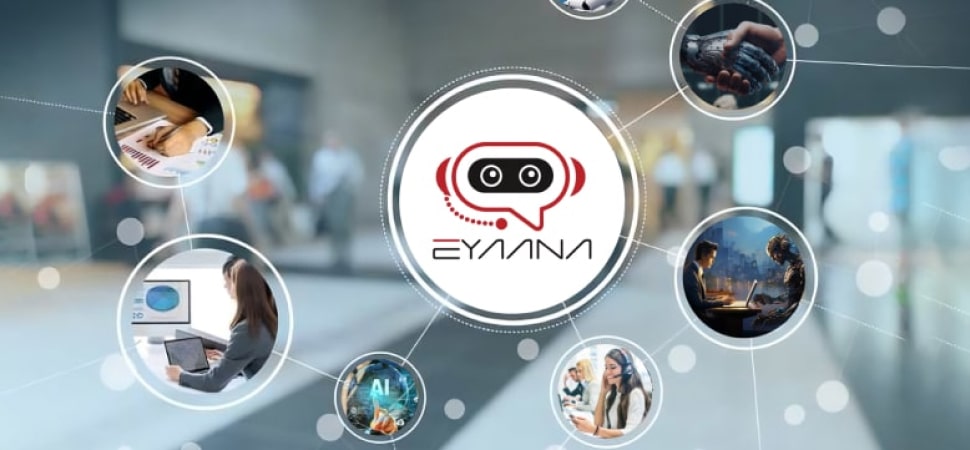
If you’re looking for a powerful yet user-friendly AI chatbot app, Eyaana is worth considering. With Eyaana, businesses can seamlessly turn website traffic into live, engaging conversations, making it easier to convert leads into customers.
Eyaana is designed to be an AI customer service and sales solution, meaning it comes with powerful automation features, yet it’s easy to use even for non-technical teams. Its inbuilt CRM and helpdesk make customer management simple, while its AI-driven chat capabilities provide a smart, personalized experience for users.
Inbuilt CRM and Helpdesk: Eyaana comes with a built-in CRM and helpdesk, allowing businesses to manage customer data and support interactions in one place.
Flexible Pricing: Choose from Eyaana’s Lite and Pro packages starting from $99/month, with flexible, commitment-free tiers tailored to suit businesses of all sizes.
Multilingual Support: Engage a diverse audience with language options like Arabic, English, Hindi, and Urdu.
AI-First Design: Eyaana’s chatbot learns over time, enhancing customer interactions and turning site visits into conversations.
Scalability: Eyaana adapts to business growth, handling higher customer interactions with ease.
24/7 Support & Analytics: Real-time data and round-the-clock support help improve customer experiences.
Conclusion
AI chatbots have revolutionized customer support across multiple industries, from e-commerce to healthcare, banking, travel, education, real estate, and retail. By offering quick, accurate, and personalized responses, these chatbots enhance customer experience, reduce response times, and enable companies to focus human resources on more complex issues. As AI technology advances, the potential applications for chatbots are likely to expand, further transforming how industries provide service and engage with their customers.
To explore how AI can enhance your business operations, sign up for free and get started with Eyaana today.
Do you need help?
We will provide detailed information about our services, types of work, and top projects. We will calculate the cost and prepare a commercial proposal.
